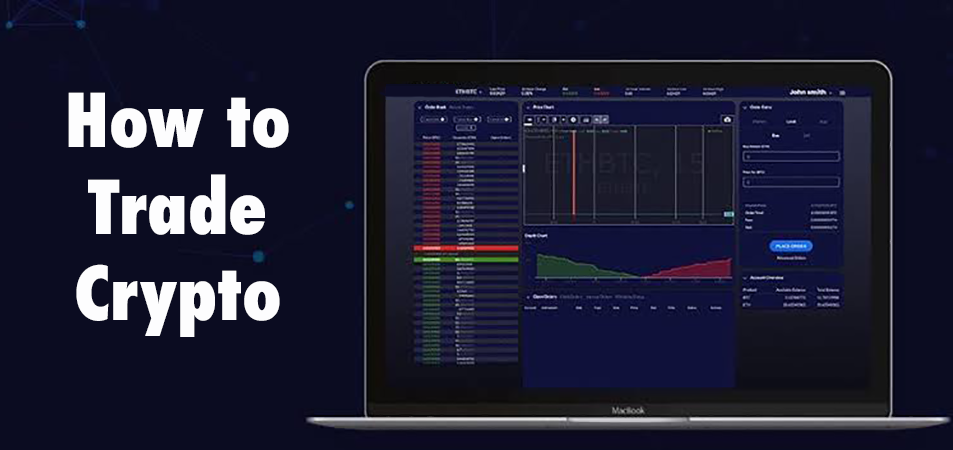Cryptocurrency trading is the act of speculating on cryptocurrency price movements through a CFD trading account, or buying and selling the underlying coins through an exchange. CFDs trading are derivatives, which allow you to hypothesize on cryptocurrency price movements without taking ownership of the underlying coins. You can go long (' purchase') if you believe a cryptocurrency will increase in value, or short (' offer') if you believe it will fall.
Your revenue or loss are still computed according to the complete size of your position, so utilize will amplify both profits and losses. When you buy cryptocurrencies via an exchange, you purchase the coins themselves. You'll need to develop an exchange account, installed the full value of the asset to open a position, and keep the cryptocurrency tokens in your own wallet till you're prepared to offer.
Lots of exchanges likewise have limitations on just how much you can deposit, while accounts can be very costly to keep. Cryptocurrency markets are decentralised, which implies they are not provided or backed by a main authority such as a government. Rather, they encounter a network of computer systems. However, cryptocurrencies can be bought and sold via exchanges and stored in 'wallets'.
 How to Trade Cryptocurrency! - YouTubeyoutube.com
How to Trade Cryptocurrency! - YouTubeyoutube.com
When a user desires to send out cryptocurrency systems to another user, they send it to that user's digital wallet. The deal isn't considered final till it has actually been verified and contributed to the blockchain through a process called mining. This is also how brand-new cryptocurrency tokens are generally created. A blockchain is a shared digital register of taped information.
To choose the finest exchange for your needs, it is very important to totally understand the kinds of exchanges. The first and most typical kind of exchange is the centralized exchange. Popular exchanges that fall under this classification are Coinbase, Binance, Kraken, and Gemini. These exchanges are personal companies that provide platforms to trade cryptocurrency.
The exchanges listed above all have active trading, high volumes, and liquidity. That stated, centralized exchanges are not in line with the philosophy of Bitcoin. They work on their own private servers which creates a vector of attack. If the servers of the business were to be compromised, the entire system could be closed down for some time.
The larger, more popular centralized exchanges are without a doubt the easiest on-ramp for new users and they even supply Great post to read some level of insurance coverage should their systems stop working. While this holds true, when cryptocurrency is bought on these exchanges it is saved within their custodial wallets and not in your own wallet that you own the keys to.
Must your computer system and your Coinbase account, for example, become jeopardized, your funds would be lost and you would not likely have the ability to claim insurance. This is why it is necessary to withdraw any large amounts and practice safe storage. Decentralized exchanges operate in the exact same manner that Bitcoin does.
Instead, consider it as a server, other than that each computer within the server is expanded throughout the world and each computer that comprises one part of that server is controlled by an individual. If one of these computers turns off, it has no effect on the network as an entire since there are plenty of other computer systems that will continue running the network.